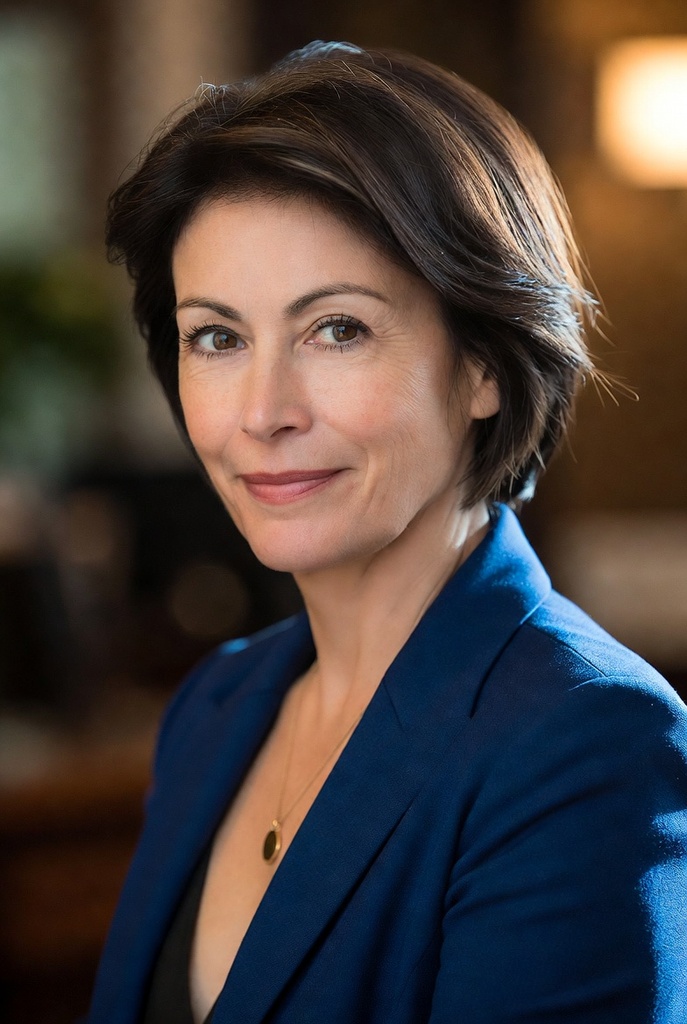Recent changes to content moderation policies by Meta and X (formerly Twitter) have sparked widespread debate, raising concerns about their implications for democracy, public safety, and political discourse. These shifts—framed as efforts to promote “freedom of speech”—are being criticized for enabling the spread of disinformation and hate speech, with significant political consequences, particularly in Europe.
1. Policy Changes: A Shift Toward Minimal Moderation
Meta has replaced its third-party fact-checking program with a “Community Notes” model, inspired by X. This user-driven approach removes safeguards for impartiality, allowing biased perspectives to shape content moderation. Similarly, X has adopted a “freedom of speech, not freedom of reach” policy, limiting the visibility of harmful content rather than removing it entirely. Both platforms have also loosened restrictions on controversial topics like immigration and gender, making them more susceptible to manipulation by extremist groups. Further info, look here.
2. Political Implications in Europe
These changes have emboldened far-right movements across Europe. For instance:
- Elon Musk recently livestreamed with Alice Weidel, leader of Germany’s far-right AfD party, signaling support for their agenda. The AfD has called for reduced moderation to promote “free speech,” leveraging these policies to amplify nationalist rhetoric.
- In Germany, where the AfD is gaining momentum ahead of elections, experts warn that weakened moderation could facilitate the spread of xenophobic and anti-democratic narratives.
European politicians have expressed alarm. Dr. Sally Wyatt from Maastricht University noted that such policies undermine democratic debate. Valentina Grippo, an Italian MEP, emphasized the need for stricter EU regulations to counteract these risks.
3. Regulatory Challenges and Reactions
The European Union’s Digital Services Act (DSA) aims to curb online harm by holding platforms accountable for content moderation. However, Meta and X’s policies directly challenge these regulations:
- Meta’s CEO Mark Zuckerberg has pledged to push back against global censorship efforts, aligning with U.S. President Trump’s agenda.
- Critics argue that these policies prioritize U.S. political interests over compliance with EU laws, undermining efforts to protect European users from harmful content.
4. Broader Consequences
The rollback of moderation standards risks polarizing societies further:
- Disinformation campaigns could destabilize elections and erode trust in democratic institutions.
- Marginalized communities face increased exposure to hate speech, both online and offline.
European leaders are now calling for urgent action.
Conclusion
The new moderation policies by Meta and X represent a seismic shift in how online platforms manage content. While framed as a commitment to free expression, these changes risk empowering extremist movements and undermining democratic processes—particularly in Europe. Policymakers must act swiftly to enforce regulations like the DSA and hold tech giants accountable for their impact on society.
Nevertheless, as research shows, it is not only the social media consumption that affects the decreasing trust in institutions and the state. It also relates accordingly to broadband and network infrastructure in general. Thus, the internet, its availability and the time the people spend in the world wide web has an influence in the (mis)trust into the state. Whether that allows the conclusion that informed people unveil the weakness of state organizations or they are simply overwhelmed by mis- and disinformation via the free accessible internet remains a question that should be answered quick.


